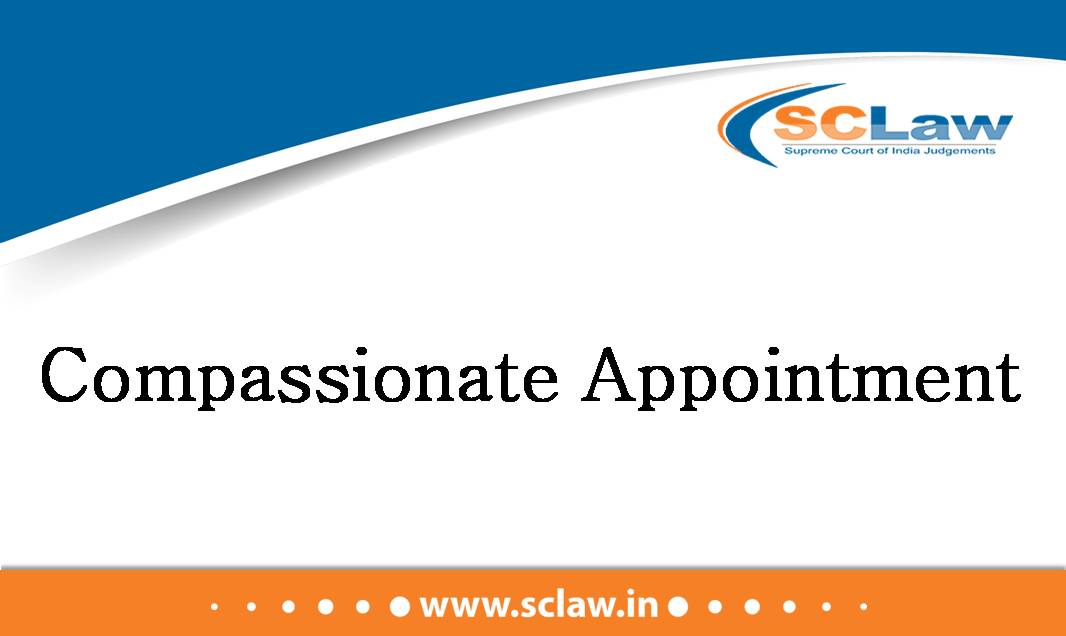HELD there was no policy existing to govern compassionate appointment to posts under local authorities in the State of West Bengal and hence, in the absence of such a policy, compassionate appointment cannot be granted; second, assuming that there was such a policy, it would be of no redeeming purpose to direct that the applications for appointment on compassionate grounds be considered and decided several years after they were filed.
SUPREME COURT OF INDIA DIVISION BENCH THE STATE OF WEST BENGAL — Appellant Vs. DEBABRATA TIWARI AND OTHERS ETC. ETC. — Respondent ( Before : Krishna Murari and B.V. Nagarathna,…






